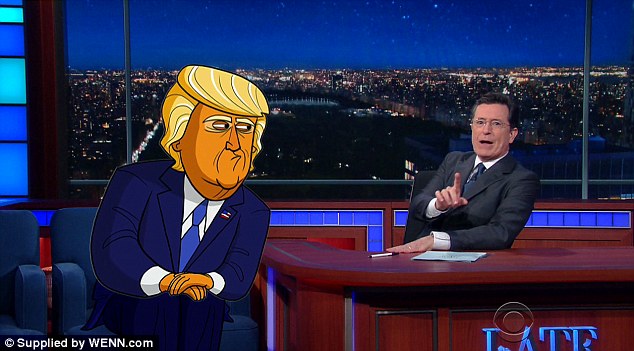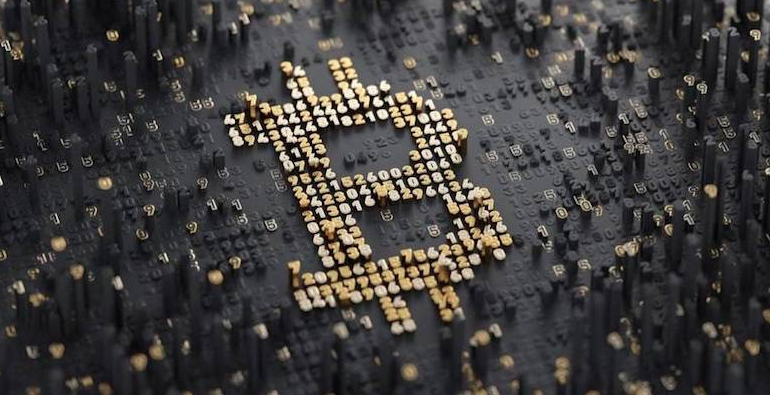In times of great political peril, we can either bury our heads in the sand or laugh at it and face our fears. Comedians in the U.S. have chosen the latter and they’re killing it!
In Europe, were still striving to fight misinformation and fake news with “classical” weapons such as serious journalism and so on. Hmmm… but is this efficient?
In the face of political breakdown, comedians master the act of calling bullshit. Journalists spend hours on end dissecting it.
The Trump administration has made political satire bloom in US, in its wonderful quest for the truth. And more and more people are paying attention to that.
Writer and Penn State University Professor Sophia McClennen (foto) and guest speaker at iCEE.fest 2017 talked exclusively with iCEE.news about how satire makes us smarter news consumers.
Why does satire thrive?
Future keynote speaker at this year’s iCEE.fest, Sophia calls herself a satire geek. But what she really does is point out the advantages irony brings to the table in the current political context. McClennen wrote about that in “Colbert’s America” and “Is Satire Saving Our Nation”?
“The more the absurdity–the more satire emerges.”
Sophia McClennen, iCEE.fest speaker
U.S. comedians Stephen Colbert, Seth Meyers and John Stewart seem to have found an antidote to Trumpism; and it comes with a smile. Here’s a nice coverage of the topic, by VOX (inspired bySophia McClennen):
- Satire has always been a structural component of cultures everywhere. Given the political times we live in, what is its outcome? How does it help fight the absurd in political administrations in general and can we quantify results?
This is a huge question that would take a book to answer completely–the quick answer is that satire helps expose folly, farce, and absurdity in any context. The more the absurdity–the more satire emerges. Quantifying results is tricky but we do have significant data that shows the positive effects of satire.
In the US satire news viewers scored higher on knowledge of current issues than viewers of traditional news. And satirists scored higher than many journalists for trust, for example.
- How safe is it to call bullshit publicly? A joke targeting Egyptian President Mohamed Morsi did get satirist Bassem Youssef arrested, for instance. How far is too far in exposing the flaws through the power of humor?
The safety of satire depends on the regime satirized. Clearly Egypt couldn’t take it. And other contexts will clearly be dangerous for satire. Usually in the most dangerous contexts the satirist hides their critique more behind complex metaphors and parody to avoid censorship or other forms of repression.
Fighting fear with laughtivism
“I laugh in the face of danger!”
Simba, “The Lion King”
It’s the major crises that trigger satire. In the face of danger, modern society has developed a more elaborate mechanism. It’s called laughtivism.
This strange mix of intelligent jokes and activism strategically uses humor and mocking to undermine authority. And it works. But the intelligent satire does not only make fun of authority, it’s going after it. So where do journalists fail in doing that?
Where does traditional journalism fail?
While political satirists thrive covering the Trump administration, major TV networks in the U.S. are walking on eggshells. And that’s because journalists think they need to take everything seriously in order to be taken seriously.
This is how some of Trump’s absurd statements or conspiracy theories have gained room for political debate. Media outlets have spent hours dissecting every word coming out of the President’s mouth.
As it turns out…when it comes to debating the unreasonable, the audience just doesn’t have a stomach for it.
- Endless TV debates are said to spread misinformation by repeating rumors, which only confuse the audience. And viewers shut down in the face of irrelevant content being thrown at them. What should traditional journalists learn from satirists? How can they appeal to satire to get through to their audience?
I’m not sure that traditional journalists can or should become satirists. It would be better if they just did their job or reporting the truth rather than hyping scandal and controversy and offering endless panels of pundits. .
- What kind of pressure are they under compared to satirists?
The pressure for journalists varies–but too often it is ratings driven instead of focused on the facts. Satirists are also affected by needing an audience so I am not sure there is a huge difference in pressure.
But there is a difference in value.
The viewers have a lot more to gain from humor. And the ”low tolerance to bullshit” policy makes for a more determined audience.
People come together and create resistance. And we’re not only talking about traditional satire, but a new form of citizen satire, charging at political power.
- Does satire come with responsibility?
Satire is meant to start conversations and provoke critical thinking –not end them. The responsibility lies with the viewer and what they decide to do with the information and critical perspectives offered by satire.
Using their Facebook and Twitter accounts, people around the world have built up the courage to call bullshit on their rulers on their own.
But satire is not for the overly sensitive and it’s created strong reactions from the opposite side. Is there a winner in this battle?
Find out directly from Sophia McClennen. She’s a special guest speaker at iCEE.fest in Bucharest, Romania (June 15th and 16th).











